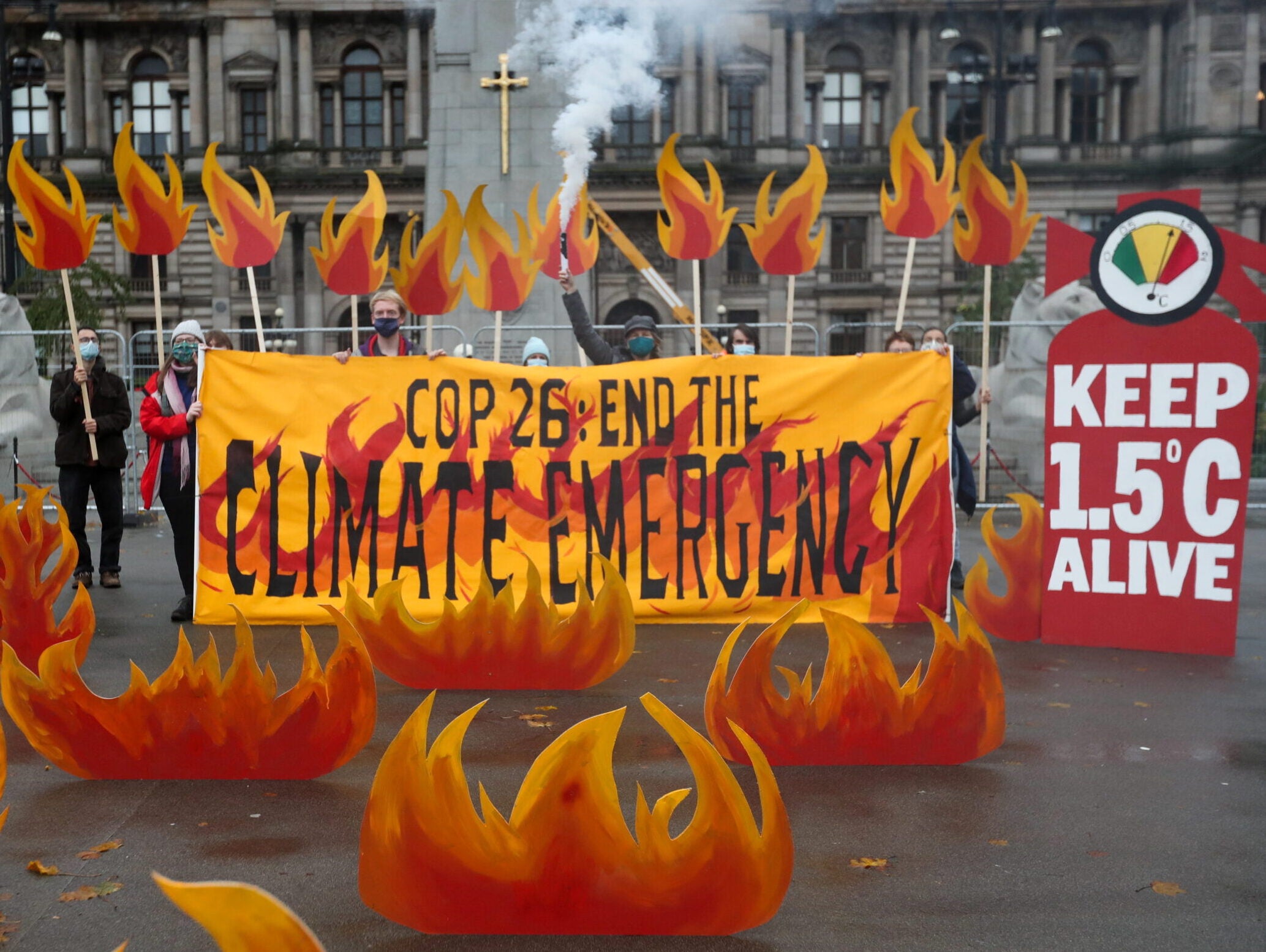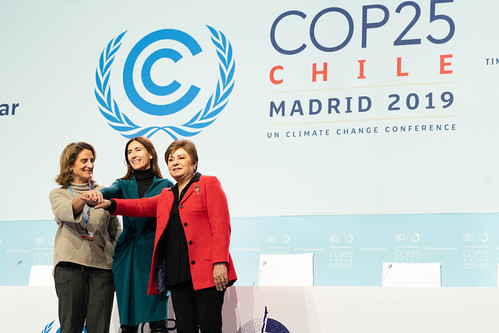
The COP26 UN climate change conference is just days away, with the world’s leaders set to attend and the world’s press set to watch, here a round-up of useful media information.
The COP26 UN Climate Change Conference is hosted by the UK, in partnership with Italy, at the Scottish Event Campus in Glasgow, Scotland.
The conference runs from 31 October to 12 November 2021, having been pushed back a year due to the coronavirus pandemic.
More than 30,000 people are expected to attend COP26, with 10,000 police officers involved in policing and security. Protests are expected to take place throughout the fortnight.
The two main official websites for COP26 are:
COP26 schedule
Find the main schedule for COP26 here.
COP26 press office
Email: press@unfccc.int
Find the latest press releases here.
COP26 media information: Accreditation
Media accreditation to the COP26 conference was closed as of 8 October 2021, weeks before the intended deadline of 30 October, after the maximum number of press passes was reached
Journalists not able to attend in person can still view press conferences and other high-level events on the COP26 webcast.
Follow the COP26 Youtube channel for video content.
Images will be shared on Flickr.
Find more press details here.
Social Media
Follow the action on Twitter at @UNFCCC and @COP26, on Facebook at UN Climate Change, on LinkedIn as UN Climate Change and COP26 – UN Climate Change Conference, and on Instagram as @cop26UK.
The main hashtag for the conference is #COP26.
Find more channels here.
COP26 themes / goals
The central theme of COP26 is tackling climate change, which is a global issue but a key political commitment for most developed nations who will be asked to mobilise at least £100bn in climate finance per year.
The summit’s primary goal is to reach a “global net zero” on carbon emissions by the middle of this century and keep the 1.5°C global temperature rise expected by the early 2030s “within reach”, rather than climbing to 2°C, by phasing out coal, reducing deforestation, switching to electric-powered vehicles and investing in renewable energy resources.
Leaders will need to agree to a deal to achieve this goal.
Nations will also finalise the Paris Rulebook (on which the Paris Agreement is based) and to accelerate action to tackle climate change through “collaboration between governments, businesses and civil society”.
Top picture: Reuters/Russell Cheyne
Email pged@pressgazette.co.uk to point out mistakes, provide story tips or send in a letter for publication on our "Letters Page" blog


